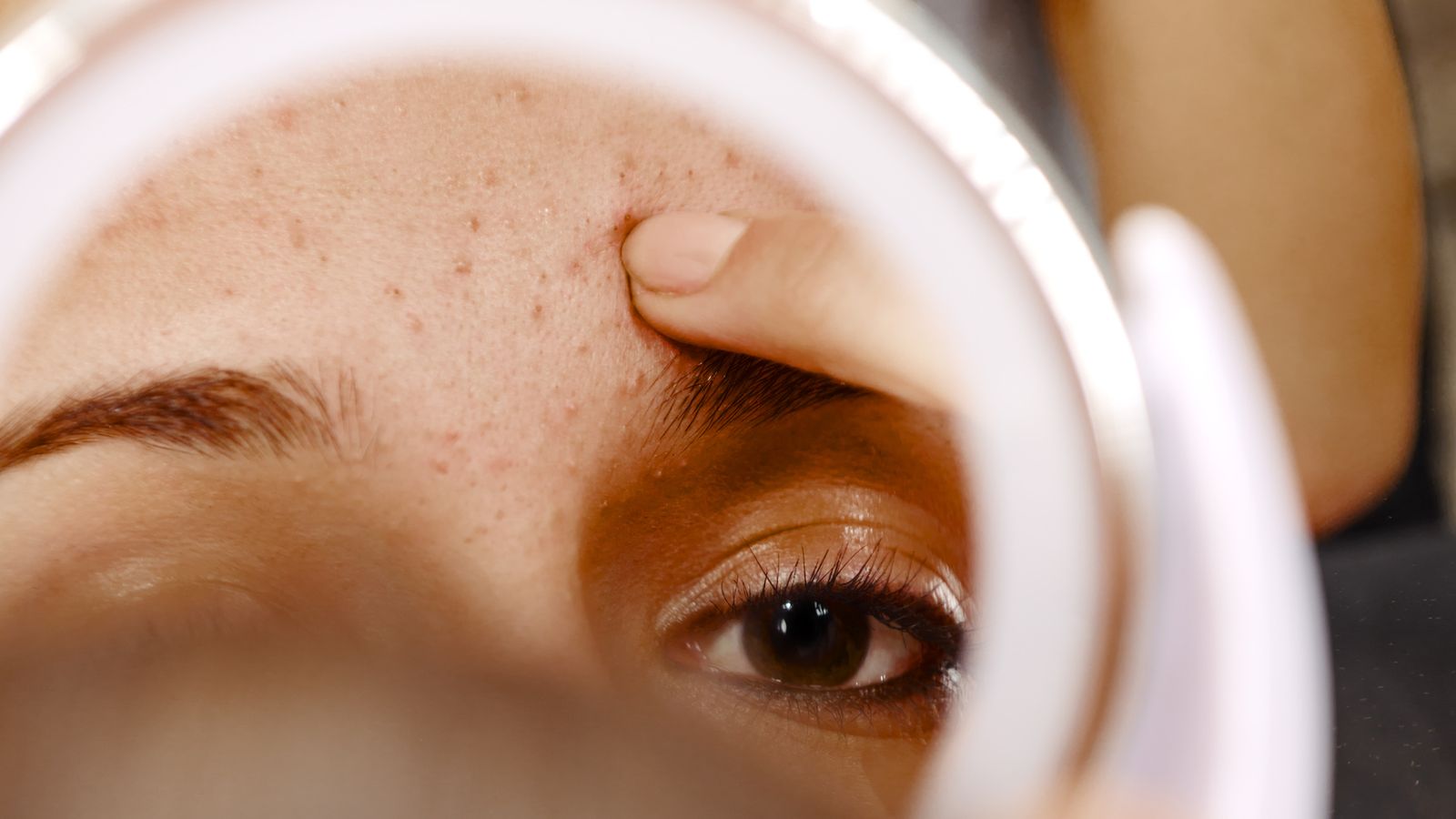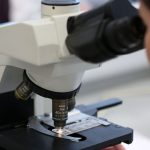Women who suffer from persistent acne have been given hope by a new cheap drug.
The drug, which is used to treat high blood pressure, could change the way acne in women is routinely treated.
Acne is common in adolescence but can occur during the adult years.
A team of researchers led by the Southampton Clinical Trials Unit carried out a trial on more than 400 women over the age of 18.
All the women had acne that had persisted for more than six months on which oral antibiotics would normally have been the next treatment.
In the first large-scale clinical trial, funded by the National Institute for Health and Care Research (NIHR), half of the participants were randomly allocated to take the drug known as spironolactone.
The other half were given a placebo or dummy pill.
What were the results?
Researchers found that spironolactone could offer an alternative for women with persistent acne.
After 12 and 24 weeks, women who were taking the drug saw significant improvements in their acne.
Professor Miriam Santer, GP and co-lead of the trial said: “The results showed that the women taking spironolactone saw a significant improvement in their acne after 12 and 24 weeks compared to those on the placebo.
“These results show that spironolactone could offer an alternative to antibiotics for many women with persistent acne to use alongside topical acne treatments.”
She added: “We hope the publication of these results will mean more GPs and dermatologists feel confident to prescribe spironolactone as a treatment for acne.
“The drug is already included in treatment guidelines for persistent acne in the US and Europe, and we hope this trial will lead to a change in the UK guidelines.”
Unfortunately, the drug is not suitable for men, according to Prof Santer and her co-author Alison Layton.
The pair wrote in the British Medical Journal: “Unfortunately, spironolactone is not considered an acceptable treatment option for men with acne. Use of spironolactone reduces blood testosterone levels which can result in gynaecomastia (breast swelling), and concerns have been raised about loss of sexual function in men.”
‘People would stare’
Kelly Cornick, 39, from Dorset, who used the drug, said that she was previously prescribed various creams and the contraceptive pill to try and control her acne.
Ms Cornick said she started with a lower dose of spironolactone and saw improvement in her acne. She was then given a higher dose of the drug and within a few months, her acne cleared up.
She said: “It was embarrassing. People would stare and you almost feel that they’re looking at you like you’re dirty and don’t wash properly.
“I think the worst thing for me was when one of my nieces said: ‘Have you got chicken pox?’.”
Ms Cornick continued: “Initially I started on the lower dose and there was an improvement. I then went on to the higher dose and within about three months everything was gone, all the spots had disappeared.
“Knowing how much it’s helped me, I hope that other people will now be given this treatment as an option instead of just trying the antibiotics. I want people to be able to experience it, because everyone should feel confident and happy, and not have spots.”
An alternative to antibiotics
Professor Andrew Farmer, director of the NIHR’s Health Technology Assessment Programme, said: “The treatment provides a valuable alternative to antibiotics and ensures clinicians can also better avoid the harms that can arise from antimicrobial resistance.”
The results come after the Commission on Human Medicines recommended new safety measures for the use of an anti-acne drug called isotretinoin.
This was after a number of people died by suicide while taking the drug – others also reported depression, anxiety and psychotic symptoms.
Cases of sexual dysfunction were also reported by patients who had been prescribed the medicine and in some cases, symptoms continued after patients stopped taking the drug.
The review of this drug has concluded that the benefits of isotretinoin – also known as Roaccutane – still outweigh the risks.
Read more from Sky News:
Calls for sunscreen to be VAT-free as charity warns about skin cancer
AI defines what the ‘perfect’ man and woman look like
Be the first to get Breaking News
Install the Sky News app for free
What is spironolactone?
According to the NHS, spironolactone is an anti-androgen, which means it stops male hormones, such as testosterone, from working.
The drug can be used to treat the build-up of fluid in the body, which can be caused by heart failure, liver disease, kidney disease and high levels of aldosterone.
It is also used to treat high blood pressure (hypertension).






















